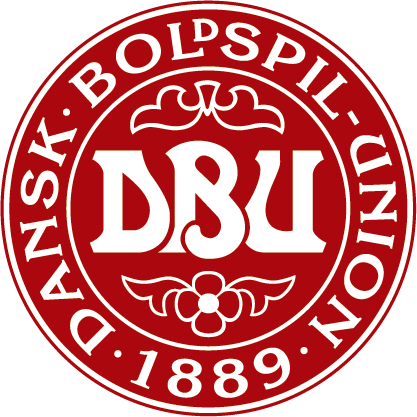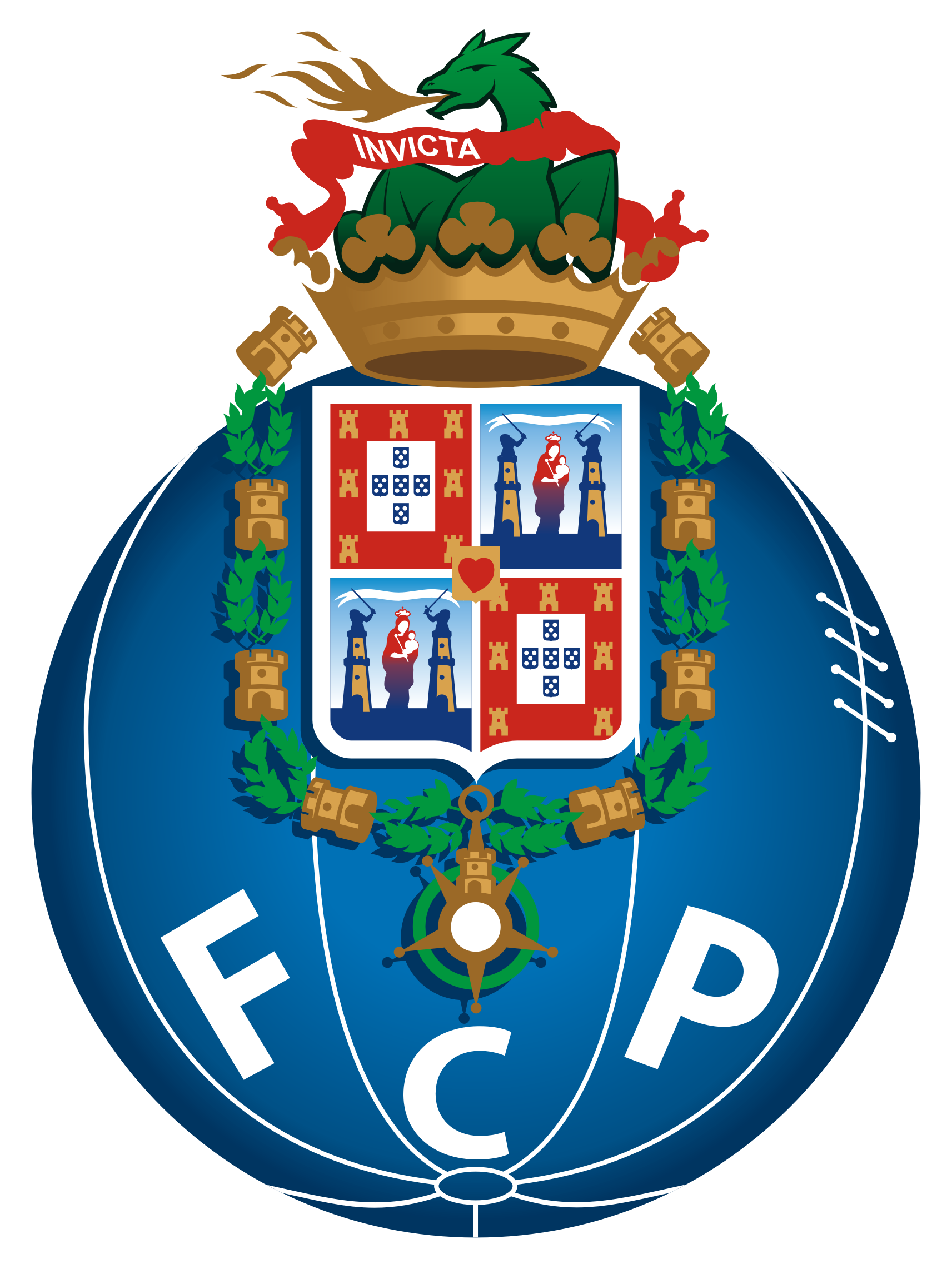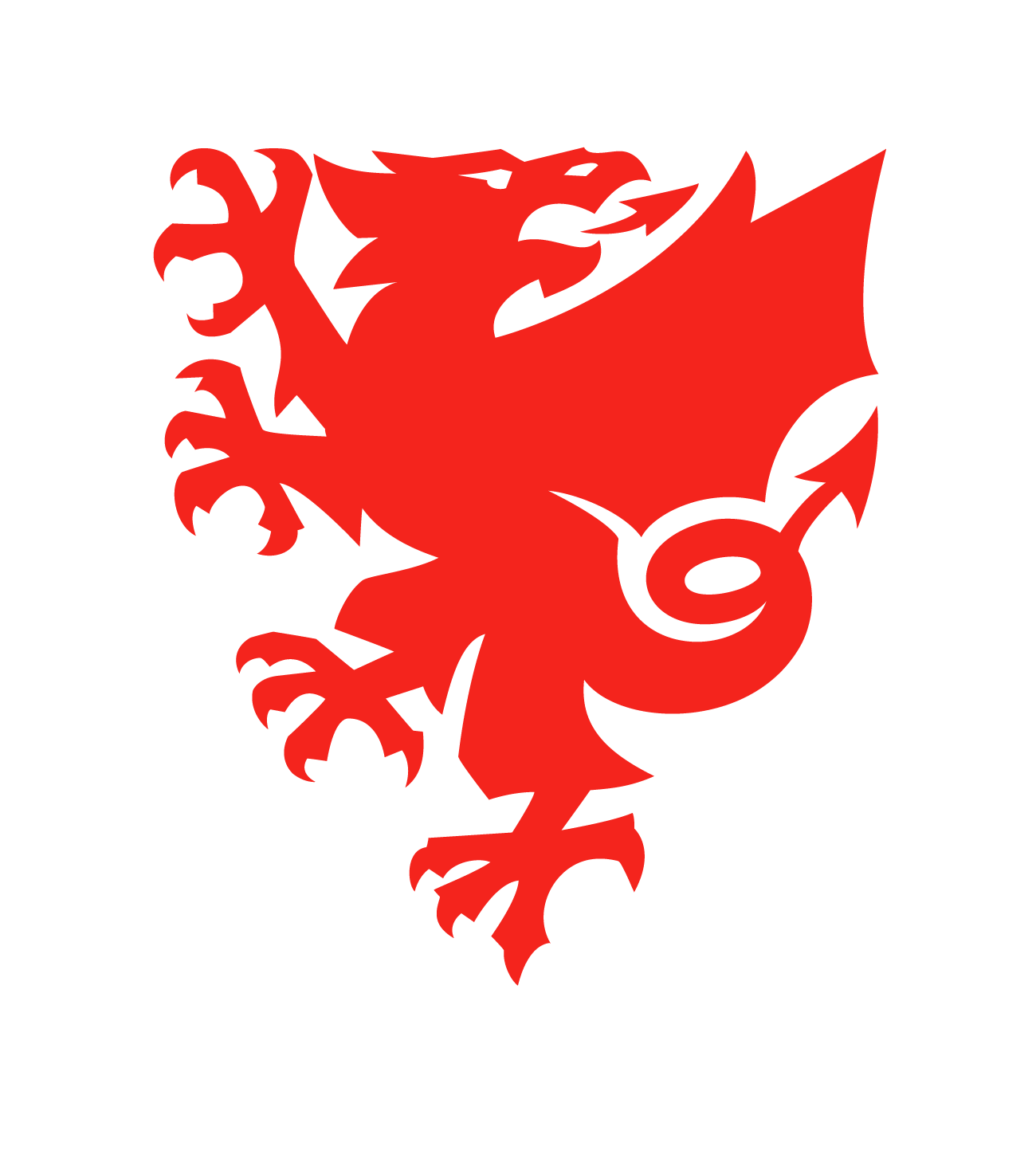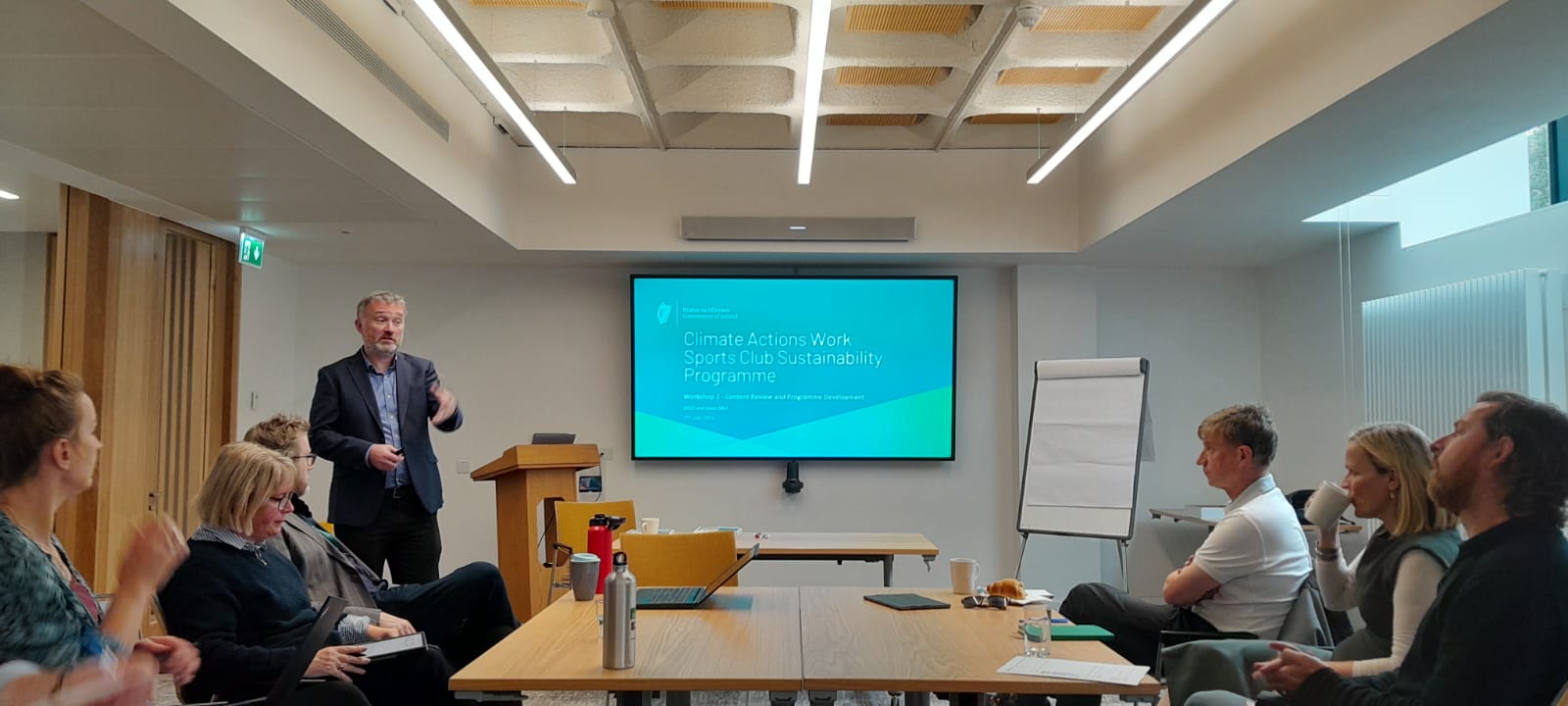GAA inspire Sustainability Programme across Irish sport
The impact of climate change on the playing of Gaelic games is very real now. Month after month of rain left many pitches unplayable for long periods earlier in the year, matches and training sessions were postponed and cancelled, team schedules as well as personal and family plans turned upside down. Predictions for future weather patterns suggest significantly more rain generally, and more frequent extreme weather events, including downpours and flooding as well as periods of drought during the summer.
Not only do these changes seriously challenge the way we organise Gaelic games and protect and maintain our facilities, but also will pose a major threat to our communities and society at large.
Jimmy D’Arcy, GAA Youth Leadership and Sustainability Manager
We have a responsibility to contribute to the solution, climate change is affecting us, but we can also do things to protect ourselves, to reduce our environmental impact and to operate in a more sustainable way. And we have the means!
In 2019 a small group of GAA and Croke Park staff members responded to calls from GAA Clubs for some guidance on responding to climate change and to also share some stories of Clubs who had taken the lead in their own communities. D’Arcy, along with GAA Community & Health Manager Colin Regan and then Croke Park Sustainability Officer Mide Ni Shuilleabhain went about establishing a GAA Green Club Programme.
Modelled on the successful Health Club programme, the Green Club Programme is now in its second phase, and has 200 Clubs across the island implementing actions across 5 thematic areas on a journey to becoming GAA Green Clubs. Those thematic areas are Energy, Waste, Water, Biodiversity and Travel & Transport and advice from expert organisations and case studies from Phase 1 clubs have been incorporated into a Green Club Toolkit that is freely available to all Clubs online here.
Being more sustainable, reducing our environmental impact and working in harmony with the physical environment around us is built into GAA values, argues D’Arcy. We are a collective of communities grounded in place, but also heritage. And while we compete whole heartedly on the field, we collaborate really well off it. This programme is a testimony to that and to our ability to create partnerships, not only with our expert partners, but also with local government, a relationship that is at the heart of the programme.
The work has attracted the attention of the DECC as well as other sporting organisations eager to follow the lead. It is why an event entitled Activating the Sports Sector for Sustainability, hosted by the GAA at Croke Park back in early April, mattered deeply to D’Arcy.
The local ACCESS dissemination event held in Dublin on 10 April didn’t only serve as a good opportunity to present and discuss the latest achievements, observations and outlooks from the project’s perspective, but also kickstarted certain initiatives in Ireland.
Based on Jimmy D’Arcy’s feedback, the response was so positive that the Department of Environment, Climate and Communications has convened a formal process across the sports sector to look at the challenges and opportunities associated with climate change.
The GAA’s Green Clubs programme is now in Phase Two with more than 200 clubs across the island involved. “They are in a process very similar to the Healthy Clubs Programme and they are using the Green Club Toolkit which is freely available online for all GAA, LGFA, and Camogie clubs,” D’Arcy responds.
“They’re using that toolkit to help them implement sustainability actions. Since we launched that toolkit in December 2022, we’ve been working with the Department of the Environment, Climate, and Communications to try to progress the whole area of actions in response to climate change across the sports and community sectors.”. A collaborative approach is vital according to D’Arcy, who is proud that the GAA is recognised as an SDG (Sustainable Development Goals) champion. “That was one of the instigators for this whole thing,” D’Arcy remarks. “Sports organisations aren’t experts in sustainability or responses to climate change, SDG goal number 17 is partnerships. So, partnerships are a foundation stone of what we are trying to do.”
He further added that with regard to the Green Club programme, GAA had a set of expert partners that had provided them with the technical guidance for our clubs to take action across the five thematic area – energy, water, waste, biodiversity, and transport. Those expert partners are the SEAI – Sustainable Energy Authority of Ireland, Uisce Éireann and the Local Authorities water programme LAWPRO, the Regional Waste Authorities, The National Biodiversity Data Centre, and the NTA and RSA for travel.
People are becoming increasingly aware of environmental issues. D’Arcy believes that working with other groups and sporting communities is hugely important. “There is an absolute sea change in terms of, not only awareness, but an intention to do something across society since before Covid and now,” he adds. “There is a story in the media every week, if not every day, that is outlining some kind of extreme weather event or a more general impact from climate change. We’re seeing it ourselves in terms of going through a prolonged wet period, it is affecting the playability of pitches. We know from scientific models that we’re going to have wetter weather in general, and also a higher frequency of extreme weather events in the future. Everybody is really aware now of the challenge, but people need assistance in figuring out what to do, how to do it, and where maybe to get funding to do it.”
“The Green Club Programme helps Gaelic Games clubs do that and other sports bodies, through the process established by the Dept of Environment, Climate & Communications are now following our lead.”
DECC have convened two meetings to progress the response across the sports sector throughout the summer and a number of sports bodies have now identified clubs in their organisations to pilot their own versions of a green club programme from this autumn.















